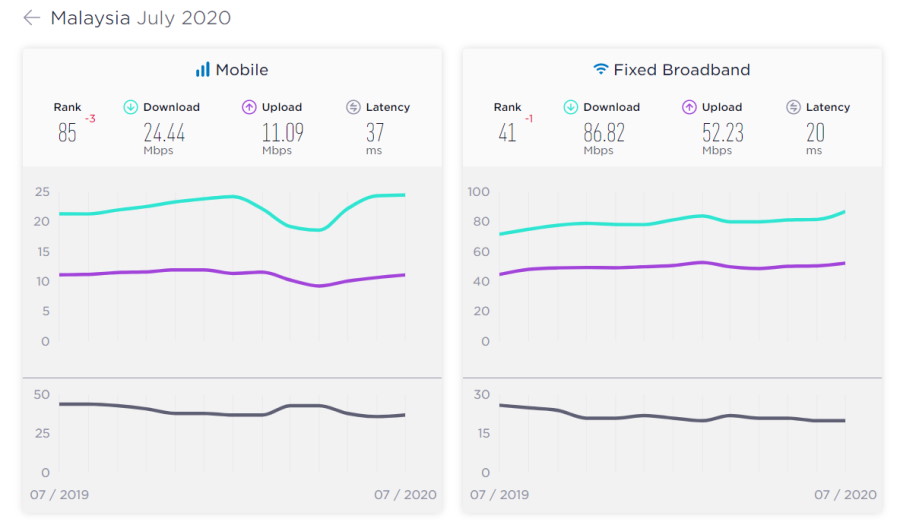Said to be a fifth faster than the previous record, the data transmission speed that the UCL research team managed to achieve is 178 Terabits per second (Tbps) which is equivalent to 178,000 Gigabits per second (Gbps). To put things into perspective, that is around 2 million times faster than the average fixed broadband download speed in Malaysia for July 2020, according to Ookla Speedtest Global Index.
According to the announcement by UCL, its research team was able to achieve the insane speed level by transmitting data using a much larger bandwidth than what a typical optical fibre has. As a comparison, the researches utilise a bandwidth of 16.8THz while the current implementation ranges from 4.5 to 9THz. Interesting enough, UCL pointed out that the technique used to achieve the world record can be implemented in existing infrastructure just by upgrading the amplifiers within optical fibre routes at 40 to 100km intervals. In fact, the university claimed that it is way more affordable to perform the upgrade instead of installing new optical fibres. Now, don’t forget that this speed record was achieved inside a lab. So, many things need to be addressed first before we can see the technique being adopted by the industry but nevertheless, it is always good to see researchers kept on trying to push technology boundaries further. (Images: Brett Sayles / Pexels, Ookla, James Tye / UCL.)

